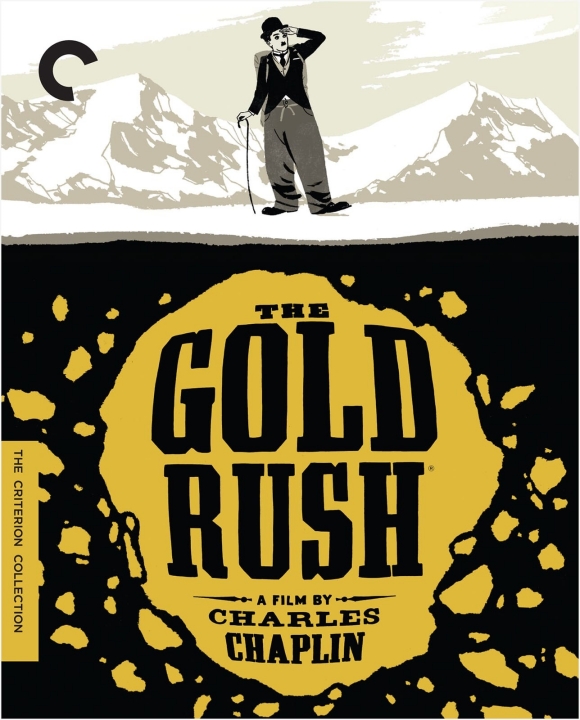Chaplin’s greatest box-office success in the silent era remains a cultural touchstone—a parable of greed, romance and peril that is as hilarious and touching now as it was a century ago.

Dir. Charles Chaplin
1925 | USA | Adventure/Comedy /Drama | 95 mins | 1.33:1 | Silent
Not rated – likely to be PG
Cast: Charles Chaplin, Mack Swain, Tom Murray, Georgia Hale
Plot: The Little Tramp heads to Alaska to try his luck at searching for gold. In this vast landscape packed with avalanches, the incomparable Tramp seeks his fortune, but faces more than he bargained for when he’s forced to deal with blizzards, criminals, and falling in love.
Awards: Nom. for 2 Oscars – Best Sound, Best Original Score
Source: Roy Export SAS Charles Chaplin (1925); MK2 (1942)
Accessibility Index
Subject Matter: Easygoing
Narrative Style: Straightforward
Pace: Normal
Audience Type: Slightly Mainstream
Viewed: Criterion Blu-ray
Spoilers: No
Four years after The Kid (1921), the release of The Gold Rush was a world event for Charles Chaplin, as it screened at nearly every country imaginable, and became one of the greatest box-office successes in the history of silent cinema. It was also Chaplin’s second favourite film of his after his masterpiece, City Lights (1931).
Although the 1942 recut with Chaplin’s own narration and self-composed new score had been around for decades (and which he declared definitive), it is the longer 1925 silent film version that is the much finer of the two, now finally patched up and restored after parts of it had nearly been lost forever.
Chaplin is the Lone Prospector who’s out in the wilderness to find gold but meets several oddball strangers along the way, and experiences near-death scenarios that Chaplin imagined to be comedic set-pieces.
“You see, I’m very particular who I dance with.”
Some of these life-or-death moments are etched in his legend, for instance, the boiling and eating of a shoe out of sheer starvation, or a house teetering precariously over the edge of a cliff.
The new restoration is stunning, particularly how Chaplin’s 1942 original score had been rearranged and rerecorded to heighten the emotional tension between comedy and tragedy.
A subplot involving the Lone Prospector’s infatuation over a young woman Georgia (Georgia Hale) sees Chaplin inserting romance (a useful tonal shift) into this parable of greed and peril.
The Gold Rush remains a bonafide cultural touchstone—it not only showed Chaplin reaching new imaginative heights in storytelling as he started to find the golden formula, but it is now presented in the best possible way, and as similar to what audiences 95 years ago had collectively experienced.
Grade: A
Trailer:
Music:











